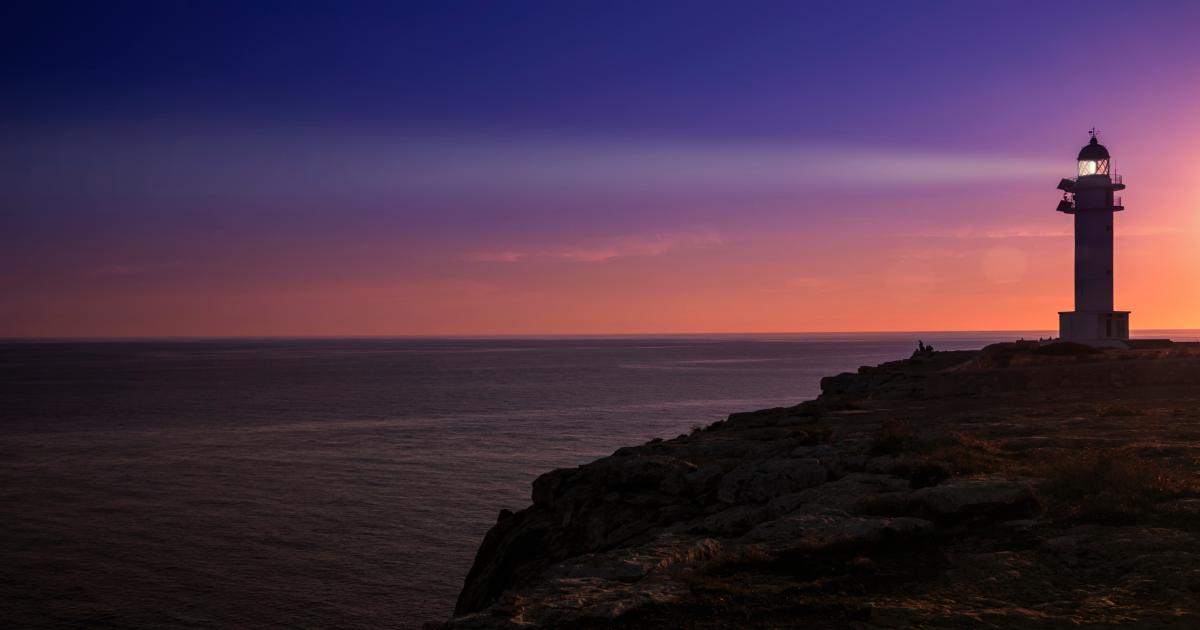Four new projects have officially kicked off to create innovation hubs off the Mediterranean and Atlantic coasts, scale up sustainable algae farming and develop new algae products in Europe. With a total of EUR 5.7 million, they will help accelerate the transition towards a more sustainable and resilient blue economy in Europe’s seas and coastal regions.
The projects are funded under the European Maritime, Fisheries and Aquaculture Fund (EMFAF), following the call for proposals for smart specialisation and regenerative ocean farming, launched in September 2024.
The EMFAF call focused on two key areas: 1) fostering Smart Specialisation Partnerships across EU sea basins 2) demonstrating the feasibility and environmental benefits of regenerative ocean farming.
These initiatives reflect the EU’s broader ambition to drive innovation, circularity and climate neutrality in the blue economy. The kick-off meeting between the project partners, the European Commission and CINEA took place Friday 10 October.
MED-Hubs – Mediterranean Blue Economy Hubs: Maritime Innovation for Smart Specialisation
The Western Mediterranean has great potential for sustainable blue growth, but innovative ideas often struggle to reach the market. MED-Hubs addresses this gap by creating two interconnected innovation hubs — one in Spain, focused on marine renewable energy, and one in Italy, specialising in sustainable aquaculture and fishing.
These hubs will bring together SMEs, startups, investors, research institutions, policymakers and coastal communities, creating a dynamic framework for collaboration. Through open calls, pilot projects and a tailored “From Idea to Market” programme, MED-Hubs will help promising technologies reach commercial maturity.
A key feature is the “Trusted Pilots” approach, designed to rigorously test and validate new solutions, increasing investor confidence and supporting wider adoption. The project will also implement an Expansion Programme to encourage replication in other regions.
Duration: 24 months
EU contribution: 1,495,004
ATL.A.HUB – Atlantic Hubs to boost Marine Algae Land-based Aquaculture and Biotechnology
ATL.A.HUB aims to address the main bottlenecks in the European value-chain of algae production. The assumption is that European land-based algae aquaculture can be accelerated by relying on specific hubs that offer shared infrastructure, equipment, services and knowledge about the regulatory framework.
The partners will use two of the largest facilities in Europe for algae cultivation and processing as launch pads for the development of new algae-based products. The facilities are in Pozo Izquierdo (Gran Canaria, Spain) and Vila Franca de Xira (Lisbon, Portugal).
They will also help businesses test, scale up and bring innovations to the market more quickly with specific commercialisation strategies. The project will explore replication opportunities in other Atlantic regions, identifying areas with suitable conditions and supportive regulatory frameworks.
By connecting research, industry and local authorities, ATL.A.HUB will foster cooperation in the algae sector across Europe, which is so important for its development.
Duration: 36 months
EU contribution: EUR 1,578,076.28
OCEAN GARDENS – a scalable and modular approach to open-ocean seaweed aquafarming for sustainable products enabling carbon dioxide removal and marine ecosystem co-benefits
OCEAN GARDENS pioneers offshore seaweed farming in European waters. Using innovative floating structures, the project will demonstrate large-scale, environmentally responsible cultivation of native seaweed species.
The first demonstration site, in Gran Canaria (Spain), will test a modular 40,000 m² seaweed farm designed to produce 300 dry tons of sustainable biomass per year. The project will monitor its environmental impact — from carbon capture to biodiversity enhancement — and share the results to encourage wider adoption.
By linking science, policy and public engagement, OCEAN GARDENS aims to show how regenerative aquafarming can contribute to climate action and create new economic opportunities for coastal communities, targeting especially government officials, local fishermen and immigrant communities.
Duration: 36 months
EU contribution: EUR 994,771.76
SEAGROW – Seaweed in Ecosystem Enhancing Aquaculture for Growth and Sustainability.
SEAGROW seeks to demonstrate how large-scale regenerative ocean farming can work as a viable business model delivering measurable ecosystem benefits.
The project will test innovative seaweed farming systems in Galway Bay (Ireland), studying their ability to absorb nutrients and carbon while supporting marine life. It will also develop standards and tools — from environmental assessment protocols to eco-labelling systems — that can help expand regenerative ocean farming across Europe, especially the Mediterranean and Black Sea.
SEAGROW will engage stakeholders in several European countries through workshops and outreach activities for coastal schools, promoting awareness of ocean farming’s benefits and potential.
Duration: 36 months
EU contribution: EUR 1,578,076.28
Innovation across Europe’ sea basins
The projects launched under this call demonstrate Europe’s commitment to fostering sustainable growth while protecting its marine ecosystems. By combining scientific research, technological innovation and regional partnerships, they will help unlock new opportunities for businesses and coastal communities alike — paving the way towards a smarter, regenerative blue future.

